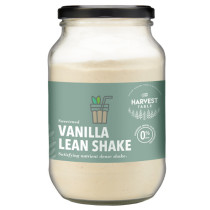Xylitol
Sugar Alcohol
Xylitol
Other Name(s):
Wood Sugar Alcohol; CAS# 87-99-0

Xylitol occurs naturally in birch tree bark. However, it can also be synthesised through fermentation processes or made artificially using corn cobs.
Is Xylitol Faithful to Nature?
Yes.
Xylitol is a natural sweetener, with many benefits for oral hygiene and helps many to reduce their refined sugar intake. It must however be enjoyed in moderation since excessive consumption may have a laxative effect.
Benefits: Why is Xylitol Used?
Naturally Sweet
Xylitol has a naturally sweet taste.
Low in Calories
Xylitol is low-calorie (2.4 kcal/g compared to sucrose’s 4.0 kcal/g).
Cares for your Teeth
Xylitol inhibits the growth of cavity and plaque forming bacteria.
Other Applications
Xylitol has been studied due to its midly laxative effects as well as a means to improve bone density.
Xylitol can be found as a single ingredient product in many supermarkets and health food stores. Xylitol is used in cavity protection toothpastes, oral hygiene mouth washes, and lip balms. It’s also used a lot in sugar-free sweets, baked goods, gummies and chocolates.
The most eco-friendly method for manufacturing xylitol is through a natural fermentation process. Some yeast strains possess an enzyme able to turn xylose (a naturally occurring substance found in wood) into xylitol.
Natural sugar substitutes like sugar alcohols (e.g. xylitol) occur naturally in plants. Whereas artificial sweeteners (e.g. Acesulfame-K, Saccharin) can only be made in a laboratory and have not been found occurring anywhere in nature.
Although sugar alcohols are safe to use in moderation, xylitol containing products should be kept well out of reach of dogs. Dogs’ digestive systems mistake it for sugar and begin producing insulin, but this causes a rapid and potentially dangerous drop in blood sugar levels.
Notice: The information provided here is not intended as medical advice and is for educational purposes only.
Products Containing Xylitol
-
sku63135
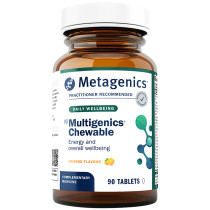
-
sku10450
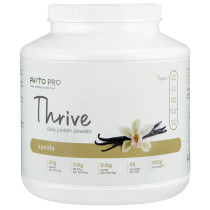
-
sku80153
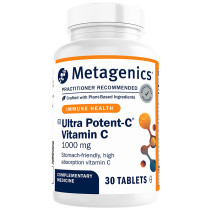
-
sku1143v1
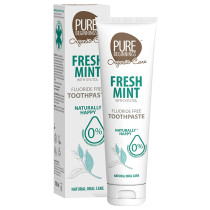
-
sku65616
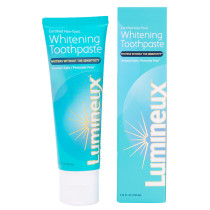
-
sku4646
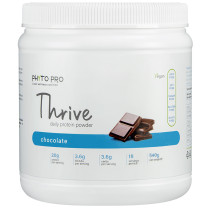
-
sku85593
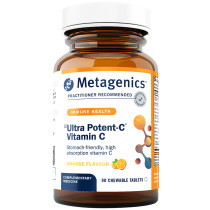
-
sku11992
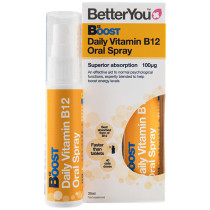
-
sku62251
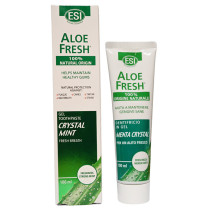
-
sku62254

-
sku66903
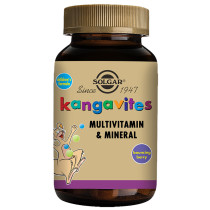
-
sku101828
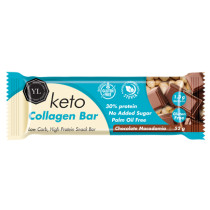
-
sku68675

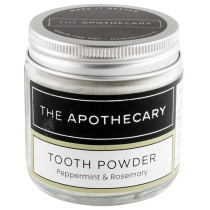
-
sku11994
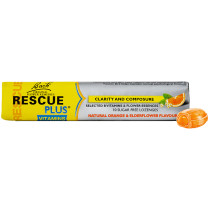
-
sku5673
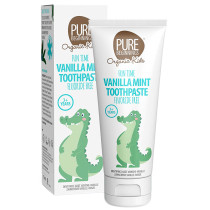
-
sku11539


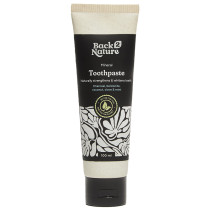
-
sku11993
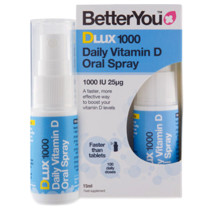
-
sku101827
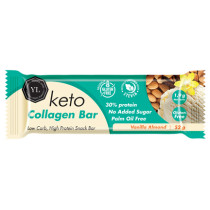
-
sku66386
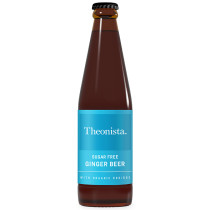
-
sku68458


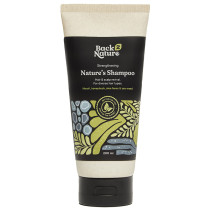
-
sku1356v1
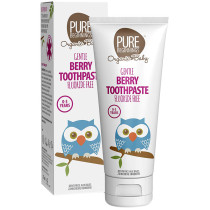
-
sku953v2
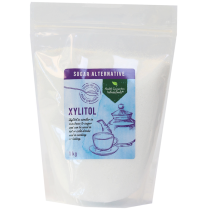
-
sku123793

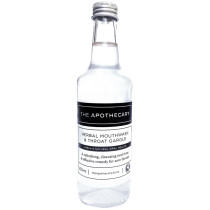
-
sku68459

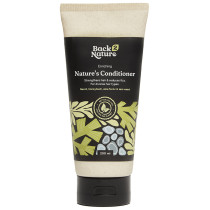
-
sku135857
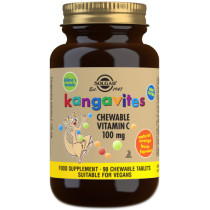
-
sku9722
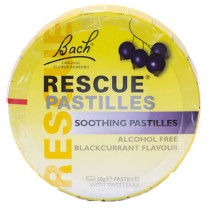
-
sku61140

-
sku953v1
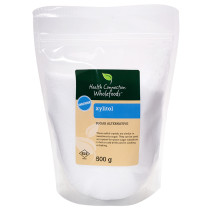
-
sku90974
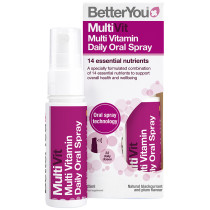
-
sku98896
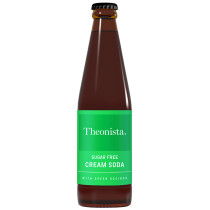
-
sku130925
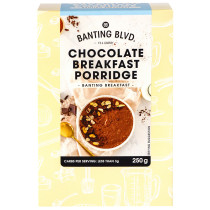
-
sku65824
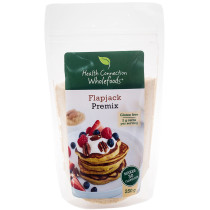
-
sku64572
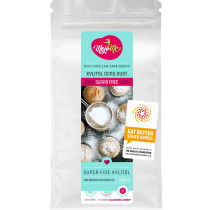
-
sku2999v1
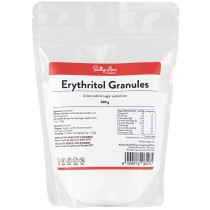
-
sku93594
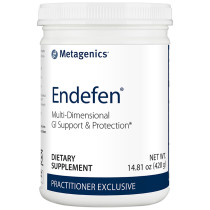
-
sku7339
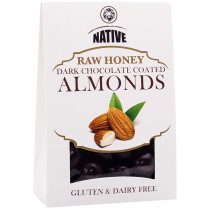
-
sku7342
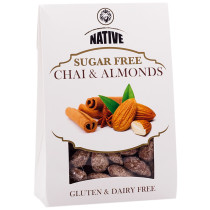
-
sku130932

-
sku65617
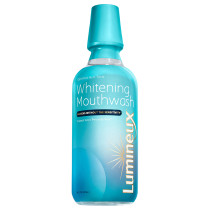
-
sku100183

